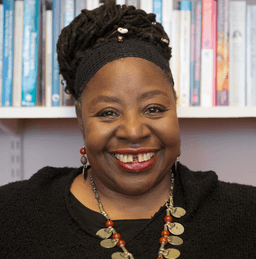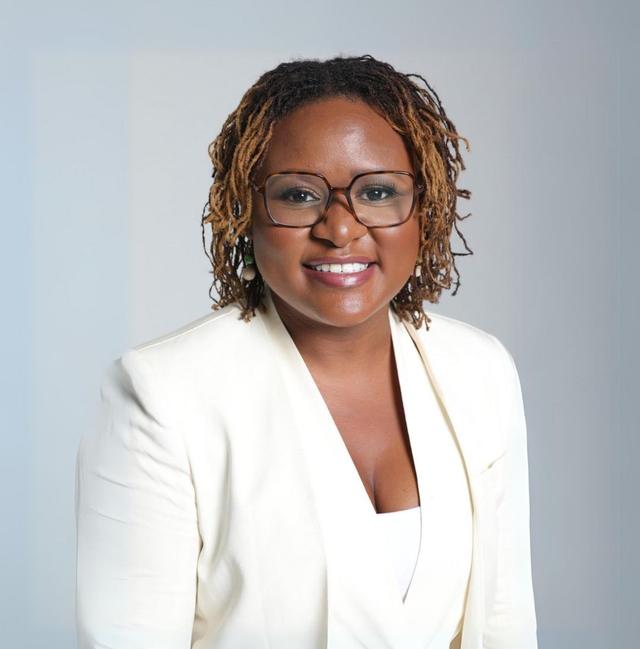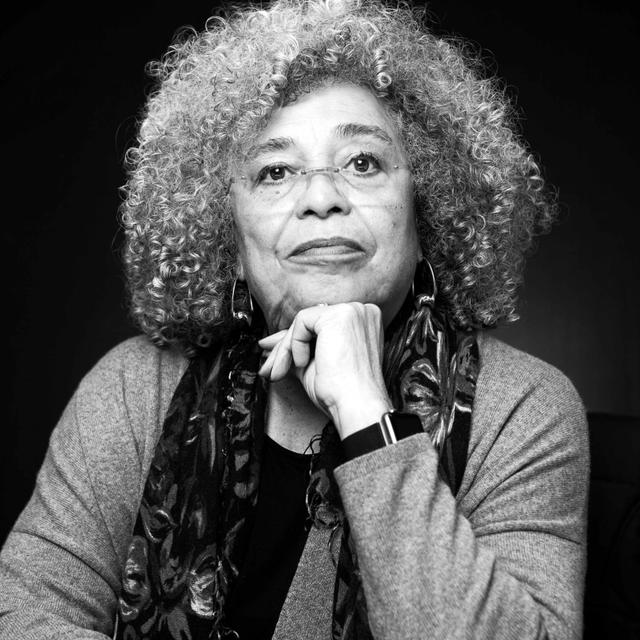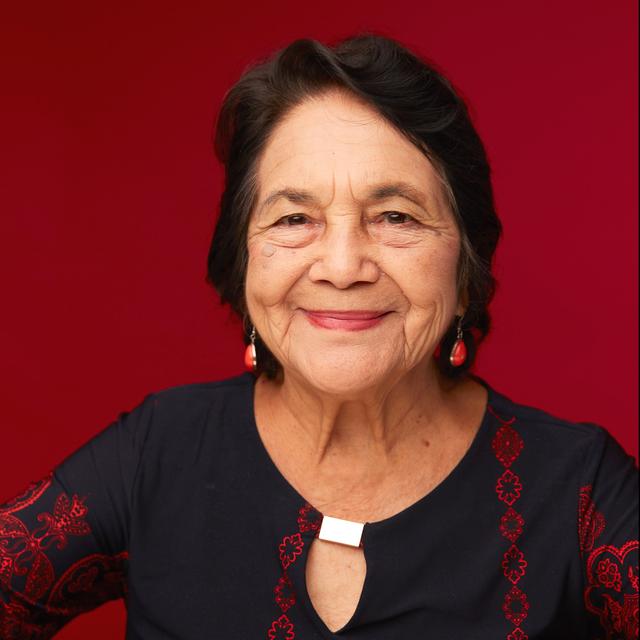Loretta J. Ross is an activist, public intellectual, scholar, the 2022 recipient of the MacArthur Foundation “Genius” award and an Associate Professor at Smith College. She has a passion for innovating creative imagining about global human rights and social justice issues and started her career in activism and social change in the 1970s. Her work emphasizes the intersectionality of social justice issues and how intersectionality can fuel transformation.
In 1978, she was the third executive director for DC Rape Crisis Center, the first rape crisis center in the country. This was her entry point into the women’s movement where she learned about women’s human rights, reproductive justice, white supremacy, and women of color organizing. Through her organizing she helped launch the movement to end violence against women that has evolved into today’s #MeToo movement.
Throughout her 50-year career, she has worked with the National Organization for Women (NOW), the National Black Women’s Health Project, the Center for Democratic Renewal (National Anti-Klan Network), the National Center for Human Rights Education, and was a co-founder and the National Coordinator of the SisterSong Women of Color Reproductive Justice Collective.
Loretta has co-written three books on reproductive justice: Undivided Rights: Women of Color Organize for Reproductive Justice, winner of the Outstanding Book Award by the Gustavus Myers Center for the Study of Bigotry and Human Rights; Reproductive Justice: An Introduction, a first-of-its-kind primer that provides a comprehensive yet succinct description of the field and puts the lives and lived experience of women of color at the center of the book; and Radical Reproductive Justice: Foundations, Theory, Practice, Critique. Her current book, Calling In the Calling Out Culture, is forthcoming in 2024.
In 2012, Loretta retired as an organizer to teach and follow her passion to educate. In 1996, she founded the first center in the U.S. to innovate creative human rights education for all students transforming social justice issues to be more collaborative and less divisive. In her work Calling In the Calling Out Culture, she transforms how people can overcome political differences to use empathy and respect to guide difficult conversations. In 2023, Loretta was inducted into the National Women’s Hall of Fame.
Calling In: Navigating Challenging Conversations and Cultivating Compassionate Connections
With the rise of cancel culture, we often find ourselves embroiled in disagreements rather than focusing on our shared goal of advocating for human rights. To build solidarity in our work and communities, we must adopt a strategy that unites us and embraces our differences. ‘Calling In’ offers a path to engage in transformative conversations, meeting people where they are while making people feel heard, respected, and cared for. In this e-course, activist, public intellectual, and scholar, Loretta Ross helps us understand the divisiveness of cancel culture and leads us through alternative ways of holding one another accountable while developing empathy and building meaningful connection.
Sexual Assault on Campus
When Loretta Ross was 16 years old, she was raped on a college campus. The experience inspired her to volunteer at the Washington DC Rape Crisis Center in 1979, the first rape crisis center in the country. Yet 35 years later, rape and sexual harassment on campus are still widespread. One in five women are sexually assaulted in college. Yet most colleges and universities have yet to forge a consistent and strong response to this crime again women. Speaking out as the issue permeates the headlines, Ross is a powerful voice on behalf of women's human rights. She urges us to start a new conversation about campus rape and assault which does not blame young women for their clothes or drinking, and counters the narrative that sanitizes these brutal realities through the schools' media machines.
Reproductive Justice as Human Rights
Reproductive Justice moves beyond choice and access to abortion. The term was coined by African American women, including Ross, in 1994, following the International Conference on Population and Development in Cairo, Egypt. It is a broader term that uses a human rights framework and also looks at reproductive oppression, sterilization abuse, immigration restrictions, gun culture, rape culture, the prison-to-school pipeline, etc. This presentation covers all aspects of Reproductive Justice which is becoming the primary framework new voices in the movement are using to move beyond the paralyzing debates of abortion politics.
Appropriate Whiteness
Appropriate Whiteness is a lecture series based on Ross' experience doing anti-Klan and anti-white supremacy organizing. It is directed at young people who want to move beyond the hurtful, hardened racial patterns of the past and live more intersectional lives. It explores how technology can play a role in easing and crossing rigid boundaries. The lecture addresses situations of racial awkwardness and fears of "messing up." It helps normalize discussions of race with a frank analysis of what to do and not to do in moving forward difficult dialogues.










